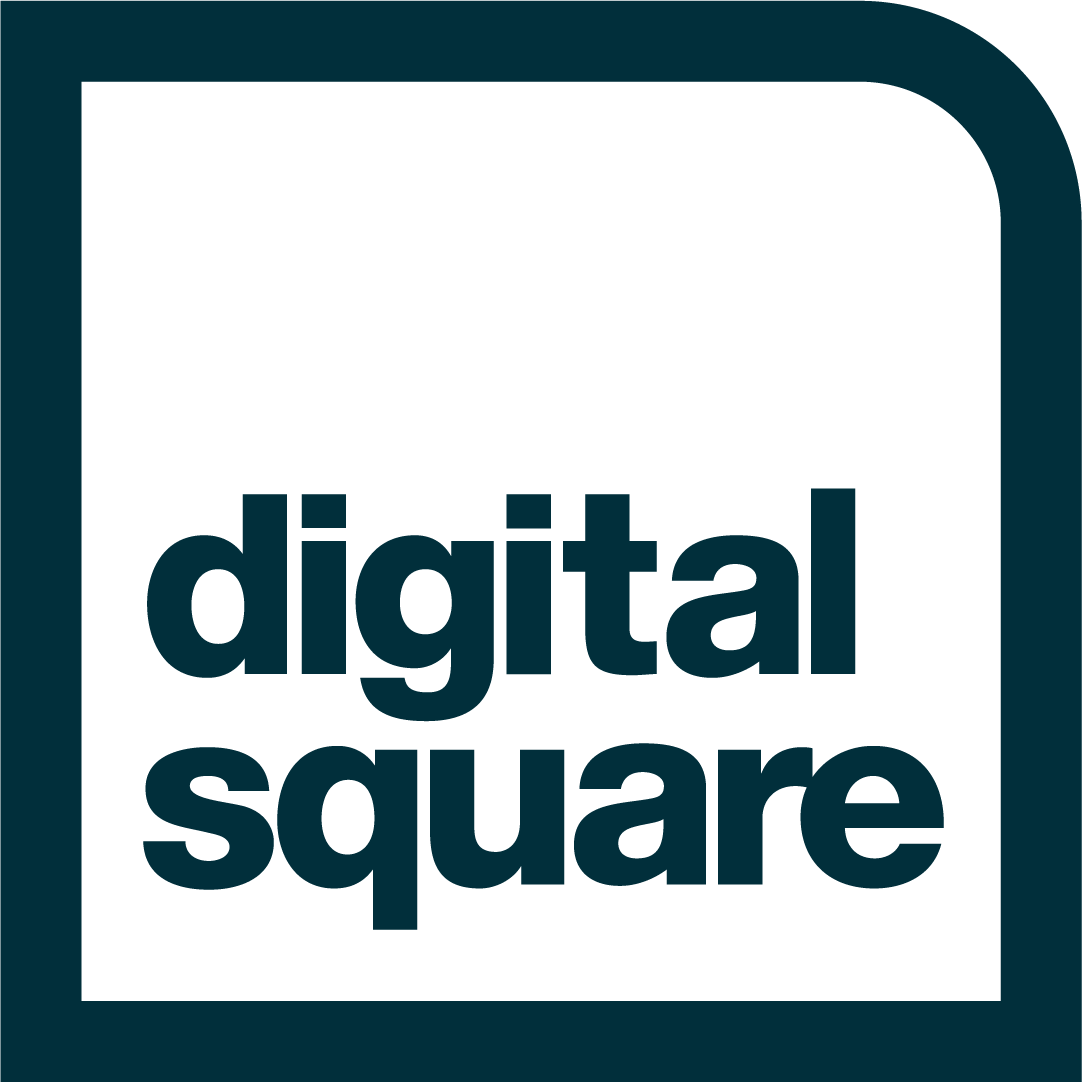Locally led innovations enhance equitable access to digital health tools
By: Sophie Bochaberi, Digital Square Engagement Officer and Skye Gilbert, Digital Square Executive Director
Photo: PATH/Mansi Midha
On a warm day in August 2021, at All Saints’ Cathedral in Nairobi, Kenya, the COVID-19 vaccination queue snaked its way beyond the doors, pushing toward a three-hour wait. Our Digital Square team heard several reasons for people being there that day, from family members or employers encouraging them to take the jab, to losing close friends to the disease.
However, unlike other immunization visits, there was another topic of conversation this time—how people could register on the online Ministry of Health Self Service Portal since it was a requirement to receive the vaccine. One woman asked if she could use her basic mobile phone, and another shared she was out of data—how could she register? One asked for help setting up an email address, since she didn't have one.
As our team set up her email address, we realized that as digital natives, this process seemed effortless to us—on the contrary, this was not as easy for her.
From this reflection, how can we ensure that the implementation of digital programs is equitable?
Necessity, the mother of invention during the pandemic
The COVID-19 pandemic has heightened the need and desire for digital tools to support the collection and use of health data. But with a persistent global digital divide, many people—like the woman in Nairobi—are still new to or uncomfortable with digital technologies.
The Chanjo system is a self-service vaccination portal that allows Kenyans to register for vaccinations and download their COVID-19 vaccination certificate.
In 2020, the Government of Kenya worked with local innovators to develop the Chanjo system, built off the global good OpenMRS (an open source Medical Record System). Chanjo, meaning “vaccination” in Swahili, is a self-service online portal that allows users to register for vaccinations, choose their preferred vaccination centers, view vaccination schedules, as well as download and verify their COVID-19 vaccination certificate. This flagship innovation is helping the country manage its COVID-19 vaccination program and monitor vaccine uptake across the country.
“This particular service will enable the client to be able to capture their details the best way they understand them, be it their ID numbers, names, or date of birth. This will reduce the errors that we have been getting as we move ahead during this vaccination period,” said Dr. Joseph Sitienei, Head of the Health Sector Monitoring Department at the Ministry of Health, Kenya.
““This particular service will enable the client to be able to capture their details the best way they understand them.”
Birthed in crisis, adopted, and deployed in response to COVID-19, pandemic innovations like the Chanjo system are here to stay. For many people, Chanjo represents improved access to their health data. For many others, it is one of their first interactions with a digital platform, or perhaps the first time they have ever used digital platforms to support their health.
Leveraging local innovations: Digital Square’s new focus
Since 2016, Digital Square has focused on matching digital health approaches to country needs by advancing interoperable digital health tools that are adaptable to different countries and contexts to help close the health equity gap. Today, to help provide tools that are more inclusive and equitable, we’re focused on identifying and supporting local digital solutions for health—such as Kenya’s Chanjo system. We believe that leveraging simple and cost-effective solutions will best serve the communities that need them most. These solutions are tailored to local needs and contexts and can be quickly implemented to extend the reach and improve the quality of health services.
At Digital Square, we believe we have a fighting chance to build future-ready local tools that work for both countries and end users. We want to deepen our partnerships with civil society organizations and support advocacy efforts to make digital infrastructure equitably accessible. We hope to identify opportunities to partner with and support not only decision-makers and entrepreneurs learning new skills, but also citizens who need an email address in order to get the vaccine they want.
“At Digital Square, we believe we have a fighting chance to build future-ready local tools that work for both countries and end users.”
Digital Square’s recently closed call for local entrepreneurs in Africa is a first step toward strengthening these connections. PATH’s Digital Health Ecosystem (DHE) project has announced its commitment to promote 112 Africa-based entrepreneurs to develop and scale locally driven, globally connected innovations. This coming year, the DHE project will work with up to six local entrepreneurs to assess their organizational development and identify areas for targeted capacity-strengthening efforts to improve overall effectiveness and sustainability.
Help us further enhance equity
We are humble about what we don't know and realize that we need to continue to identify opportunities to more strongly uphold our value of health equity. To that end, we welcome your thoughts and feedback.
Do you see opportunities for us to do more? Let us know in the comment section below.



